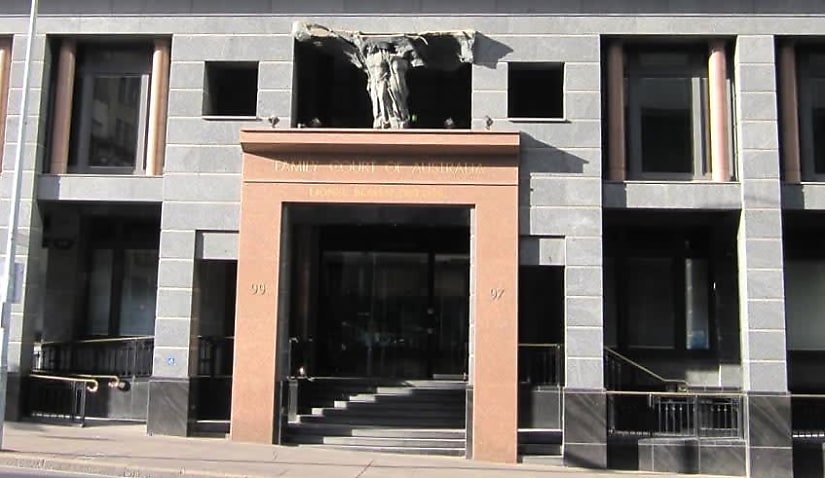Powered by MOMENTUM MEDIA
Following its response last week to the Joint Select Committee Family Law Inquiry, the federal government has released draft legislation which it says will make the Family Law Act “simpler and safer” for separating families and their children.

Just prior to the public holiday last week, the Albanese government released its response to the inquiry conducted by the Joint Select Committee on Australia’s Family Law System, which explored additional training, accreditation and monitoring of family law professionals and services, delays and legal costs in the courts, enforcing court orders, addressing family violence, and the operation of the child support scheme.
“The government is committed to restoring the family law system so that it is accessible, safer, and simpler to use,” Attorney-General Mark Dreyfus KC said.
“This includes addressing the backlog of recommendations from family law inquiries under the former government, such as the reports of the Joint Select Committee and Australian Law Reform Commission’s 2019 report, Family Law for the Future.”
Social Services Minister Amanda Rishworth added that changes to the family law system would ensure the welfare of victim-survivors of family violence, including children, was paramount.
“It is critical that the family law system protects those at risk of violence, including children and young people, who are victims and survivors of family violence in their own right,” she said.
“We know that long, complicated and adversarial court proceedings can have negative effects on the health and wellbeing of people who are already in a fragile emotional state dealing with the breakdown of a relationship — including children.”
Now, the A-G’s Department has released its draft legislation to update the Family Law Act, which purports to address the “extensive court delays, protracted litigation, inaccessible support services and inadequate protection for people at risk of family violence” that it says has “dogged” the family law system.
The draft Family Law Amendment Bill intends to place the best interests of children “at the centre” of the family law system.
“Currently, custody arrangements require the court to consider two primary factors and 13 additional factors; and be guided by four objects, five principles and one presumption. The proposed reforms replace these with six simple ‘best interests’ factors for courts to decide what the best parenting arrangements are for each child,” a statement from Mr Dreyfus reads.
“Recent inquiries have shown that the presumption of ‘equal shared parental responsibility’ provisions are widely misunderstood, causing prolonged litigation and conflict. The draft legislation repeals these provisions, making clear that the best interests of children are paramount.”
However, Dr Noam Peleg, who specialises in international children’s rights law and is a family law expert at the Faculty of Law & Justice, UNSW Sydney, told Lawyers Weekly that the new definition of the principle of the best interests of the child is “incomplete with international children's rights law and best practices in other countries”.
“It mentions the right to participation only, ignoring a whole range of rights like the right to privacy, right to development, the right to non-discrimination and the right to family living that all children should enjoy,” he explained.
“The reform should not be another missed opportunity for ensuring that the rights of children are protected in court proceedings.”
Elsewhere, the draft legislation introduces a requirement for Independent Children’s Lawyers (ICLs), when they are appointed, to meet directly with children, and increases judicial discretion to appoint ICLs in matters under the Hague Convention on the Civil Aspects of International Child Abduction.
Moreover, it looks to provide courts with greater powers to protect parties and children from the harmful effects of protracted and adversarial litigation, as well as offers a definition of ‘member of the family’ in the Family Law Act that is inclusive of Aboriginal and Torres Strait Islander concepts of family and kinship.
We're evolving — and so should your insights. Heads up — Lawyers Weekly is going premium from 1 May for just $5 a month. Stay informed without missing a beat. More information coming soon.

Jerome Doraisamy is the managing editor of Lawyers Weekly and HR Leader. He is also the author of The Wellness Doctrines book series, an admitted solicitor in New South Wales, and a board director of the Minds Count Foundation.
You can email Jerome at: